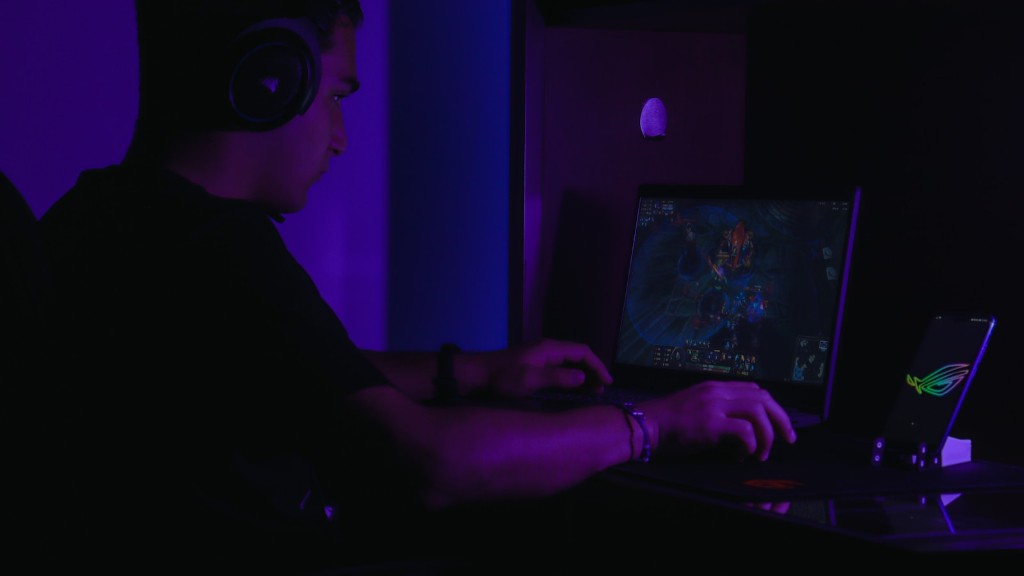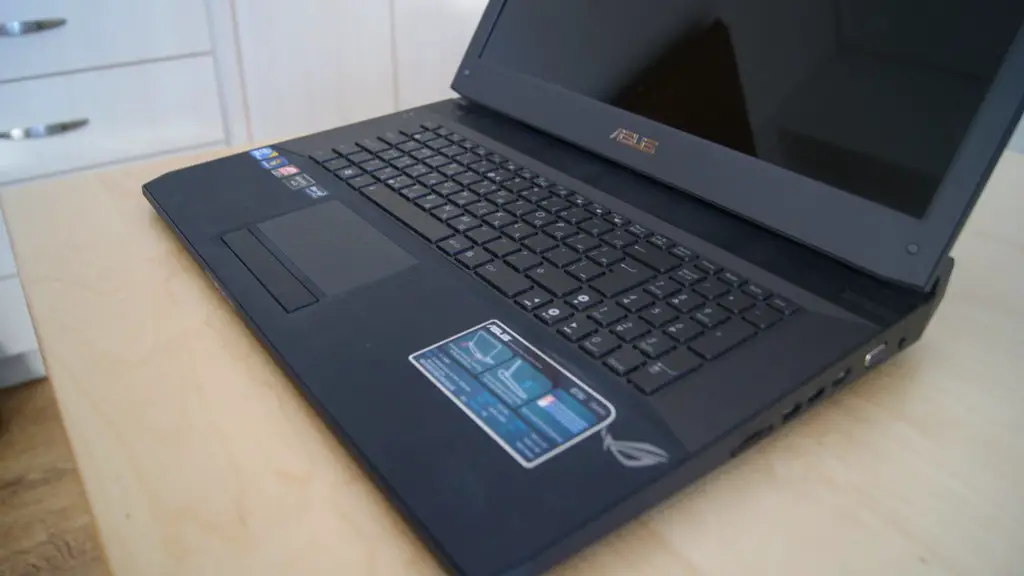Modern gaming laptops are becoming a popular choice for computer gamers due to their portability and convenience. With the surge in popularity, the question of how much RAM is needed in a gaming laptop arises. While the answer depends on the individual’s needs and preferences, there are some standard recommendations that provide a good starting point. In this article, we’ll examine the amount of RAM needed for optimal gaming performance and what type of RAM should be used.
What is RAM
RAM stands for Random Access Memory, and it is a form of computer storage that holds data temporarily while it’s being used by the operating system and other programs. The more RAM a laptop has, the more programs it can have open and running at the same time. When it comes to gaming, having sufficient RAM is critical for improving performance, as the more RAM a laptop has, the faster it can load programs, textures and maps.
How Much RAM for Gaming
Most experts agree that 8 GB of RAM is more than enough for most gaming laptops. Some games may require more RAM as they become more graphically intensive and/or more populated. An example of this is the popular battle royale game, PlayerUnknown’s Battlegrounds. As more players join the game, it requires more RAM to load into the game’s map, textures and objects in order to give the players a smooth gaming experience.
Interestingly, many high-end gaming laptops come with 16GB or 32GB of RAM. While having this much RAM is beneficial for multitasking, it’s superfluous for gaming, as games generally don’t make use of the extra RAM. It’s only necessary if a laptop user needs to use intensive programs such as design or video editing software alongside games.
Types of RAM on Gaming Laptops
The type of RAM used can also make a big difference in gaming performance. The two main types of RAM are DRAM (Dynamic Random Access Memory) and SRAM (Static Random Access Memory). SRAM is faster but more expensive and is primarily used in more expensive laptops, whereas DRAM is more common in mid-range laptops. It is important to ensure that the laptop has dual-channel RAM in order for the system to take full advantage of the RAM.
The amount of RAM can also be upgraded at a later time. Most gaming laptops have a certain amount of slots that can accommodate additional RAM. However, it is important to check the RAM compatibility of the laptop first, as not all RAM is compatible with all laptops.
Efficiency
RAM is one of the most important components when it comes to determining gaming performance on a laptop. Having sufficient RAM can help improve loading times, reduce lag and make multitasking smoother. As such, it is recommended to have at least 8GB of RAM for most gamers. Upgrading to 16GB of RAM may provide additional benefits, but it is unnecessary for most laptop users.
Cost
When it comes to buying RAM, the cost is a major factor. Fortunately, RAM prices have been steadily decreasing over the past few years, making it more affordable for gaming laptops. Most 8GB RAM sticks are relatively inexpensive and can be easily purchased online. For those wishing to upgrade their laptop’s RAM, it is important to check the compatibility of the RAM and the laptop first to ensure that it is compatible.
Warranty
It is also important to check the warranty of the laptop before making any upgrades. Many laptop manufacturers offer extended warranty options for those who wish to upgrade their RAM and other components. By purchasing a warranty for the laptop, users can rest assured that any issues encountered with the RAM or other components are covered by the manufacturer.
Conclusion
When buying a gaming laptop, it is important to consider the amount of RAM needed for optimal performance. 8GB of RAM is recommended for most users, though more RAM may be needed depending on the type of game being played. Additionally, the type of RAM should be taken into consideration, as DRAM and SRAM offer different levels of performance. Finally, it is important to check the warranty of the laptop, as many laptop manufacturers offer extended warranties for those who wish to upgrade their RAM or other components.

